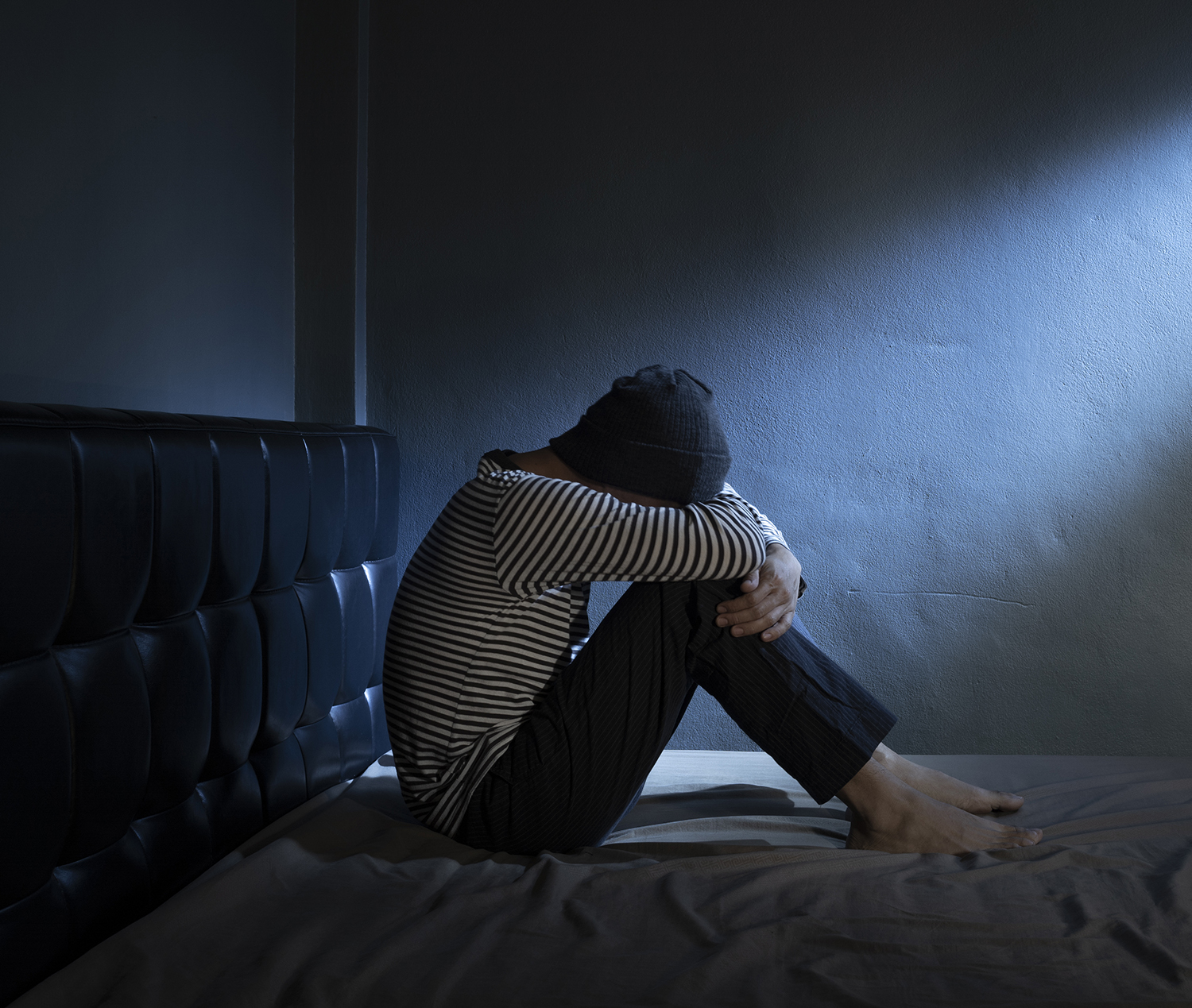
Depression
Depression is a whole-body illness that causes changes far beyond sadness. Many people with depression do not even feel sad; instead they may feel emptiness or anger or have no ability to experience pleasure (called anhedonia). Sometimes depression expresses itself through fatigue or physical symptoms rather than mental anguish.
Along with this change in mood, depression causes important changes in the brain and body. These can include poor sleep, fatigue, slowed thoughts, poor concentration, lack of appetite or excessive eating, and low sex drive. The muscles may become lax and slowed, or tense and agitated. The immune system, which protects the body from infection, may not work as well and stress hormones may increase. If left untreated, depression can take a toll on a person’s health, with consequences such as heart disease and changes in the brain’s memory center.
There are many causes of depression. The most common is Major Depressive Disorder, which is best treated with antidepressants and therapy. Depression can also be caused by a medical illness or the effects of drugs or alcohol, and require different treatment. In bipolar disorder, depression is one phase of an underlying problem with mood swings.
Besides these different causes, depression also takes different shapes, including:
Melancholic depression
Here the depression is distinctly different from ordinary sadness; it may be experienced as a profoundly empty, bleak, dark and unmotivated state. This mood rarely changes or reacts to life, but may be worse in the morning. This depression causes the mind to ruminate along themes of guilt or worry. The body is also uniquely affected, with awakening early in the morning and muscles that are either slowed or agitated.
Atypical depression
Despite its name, this is actually very common type of depression. It was called atypical because when it was first discovered in the 1950’s it was thought to be a rare form. Atypical depression causes a uniquely reactive mood: it may overreact to stress or change randomly throughout the day. Fatigue, oversleeping, and overeating (especially sweets and carbohydrates) are very common. This depression tends to affect the muscles as well, making people feel heavy or weighed down (called leaden paralysis). Atypical depression is important to recognize because it often returns in cycles and may have seasonal patterns. Atypical depression is the most common type of depression in bipolar disorder, but having atypical depression does not mean that you have bipolar.
Dysthymia or Persistent Depressive Disorder
This refers to a chronic, low-grade depression that persists for at least two years (and usually throughout life). Although the depression is “low-grade”, its persistence can affect people as profoundly as a severe depression. People with dysthymia experience little pleasure in life and may tend to isolate from others. On the other hand, the condition may strengthen their ability to shoulder life’s burdens: people with dysthymia often have very good work-ethics. It is described in more detail in the section on temperament.

